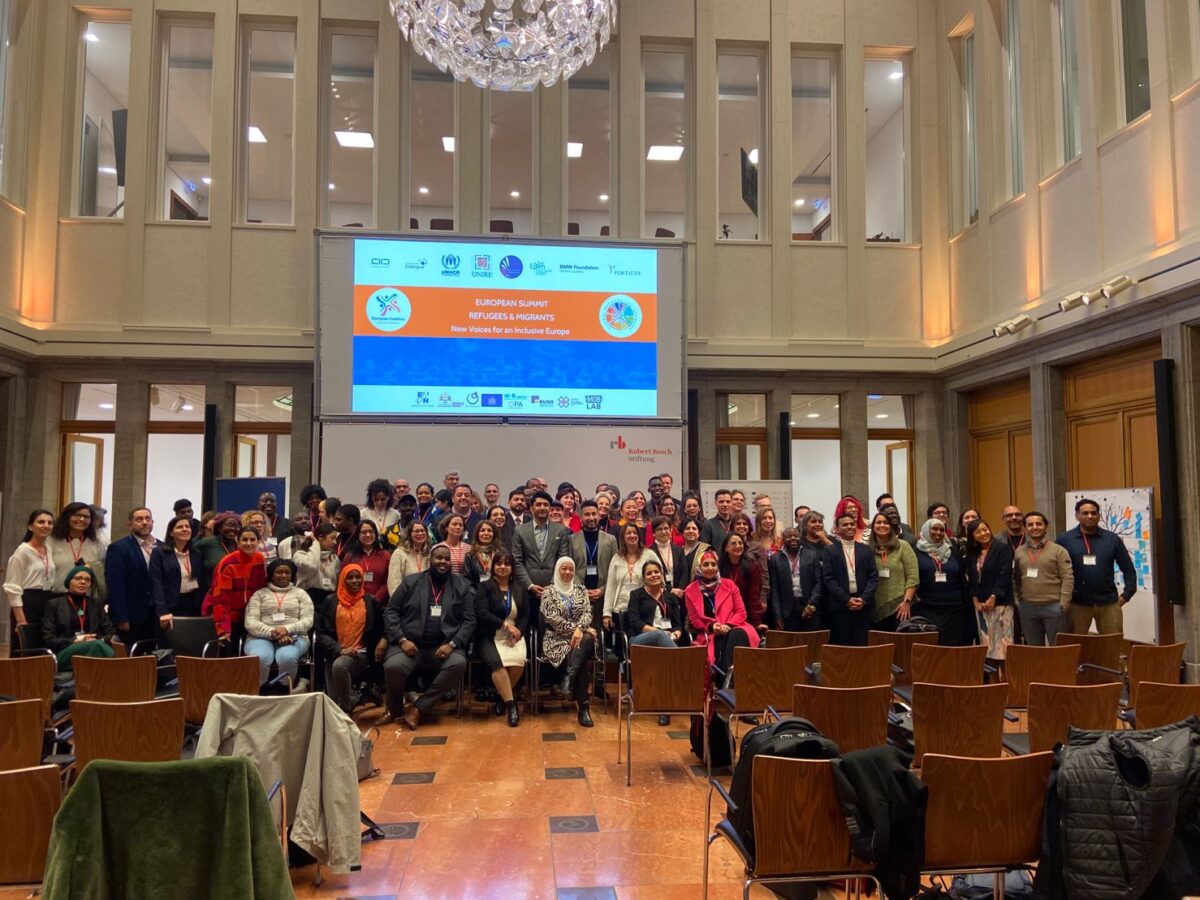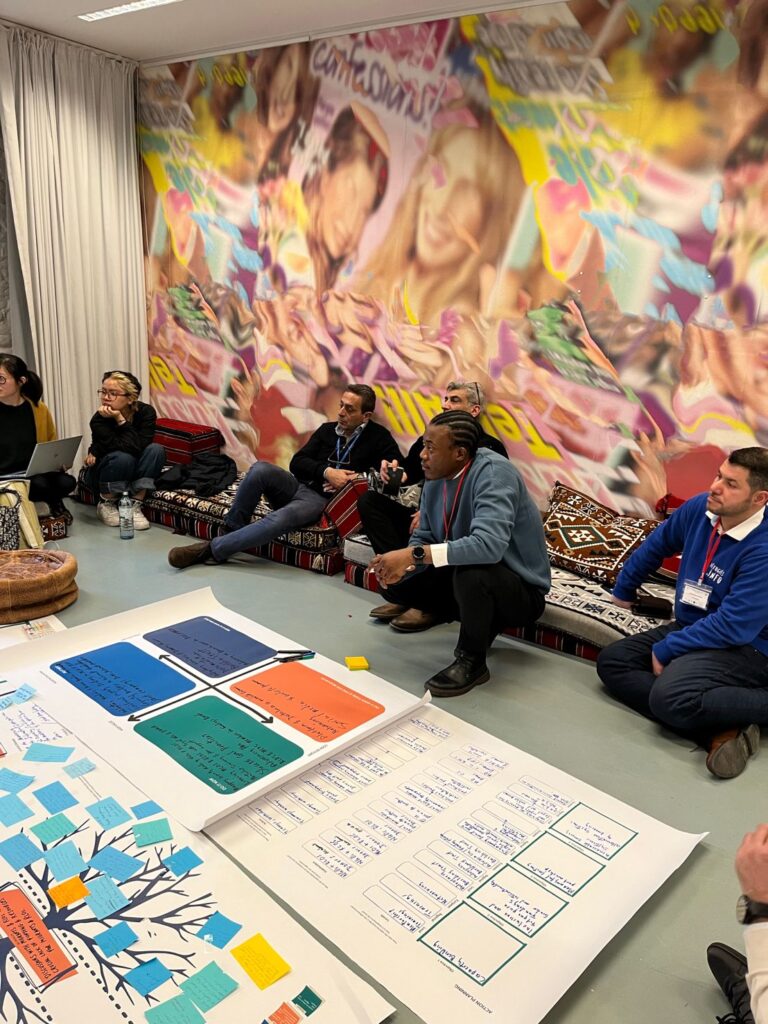Joint Statement on Finnish Government Reform Policies on Immigration and Integration
Date: August 25, 2023 Location: Helsinki
We, the undersigned companies, individuals, communities, NGOs, and institutions, have reviewed and analyzed the proposed reform policies on immigration and integration put forth by the Finnish government. We are deeply concerned and appalled by the direction these reforms take.
The proposed policies fail to recognize the fundamental principles of equality, justice, and inclusivity. They treat immigrants as mere labor market tools rather than human beings, perpetuating a sense of mistrust and scapegoating. We firmly oppose this inhumane approach and advocate for a society that values justice, equal opportunities, and equity for all individuals, regardless of their ethnicity, religion, residence status, citizenship, or economic status.
After careful consideration, we have identified several key concerns with the proposed reforms:
- The proposal to terminate work-based residence permits upon three months of unemployment is unrealistic and harsh. Although already present in the current reform has been rarely taken into reality and the employers were not forced to notify the termination to Migri. Finding new employment often takes longer than three months, and the requirements imposed by these reforms hinder immigrants’ ability to secure stable employment. This approach creates mental stress and insecurity within the immigrant community, ultimately harming the labor market and potentially leading to a mass departure of valuable labor force from Finland.
- The discriminatory nature of the reform proposal, which grants faster processes for permanent residence to higher-income immigrants, exacerbates inequality within Finnish society. Categorizing immigrants based on income, Finnish language skills, and field of education only serves to foster further disparities. The proposed reforms disproportionately impact low-income essential job sectors, which rely heavily on immigrant workers.
- The government claims to enhance migration and integration, but the proposed policies make it exceedingly difficult for individuals to migrate and integrate into Finnish society. Lengthening residency requirements for citizenship and permanent residency, coupled with stringent prerequisites such as language proficiency and income-level requirements, create unnecessary barriers and hinder the full integration of immigrants.
- The proposal to increase the use of temporary contracts will disproportionately affect the immigrant community, as they are statistically more likely to be employed on temporary or part-time basis. This dismantles the main job protection for immigrants, leaving them vulnerable to exploitation and discrimination in the labor market.
These proposed reforms run counter to Finland’s best interests and the needs of its economy. Numerous studies and indicators demonstrate the necessity of skilled labor immigration to address labor shortages and ensure future economic growth. Low-income essential job sectors, which heavily rely on immigrant workers, will face significant challenges under these reforms.
In light of these concerns, we propose the following recommendations:
- Maintain the current reasonable requirements for citizenship and residence permits, which reflect a serious commitment to integration and provide immigrants with security and stability in Finland.
- Adjust the three-month unemployment limit for terminating a permit to a more realistic timeframe, such as one year. This would allow for successful job search, skills development, and language learning.
- Implement stricter regulations on the use of temporary contracts to protect immigrant workers from exploitation and discrimination.
- Conduct a thorough evaluation and update of the integration program. Language tests and curricula need to ensure their effectiveness for immigrant’s integration to Finland. Enhance the quality and content of the integration process to provide immigrants with the necessary skills and support for successful integration into the labor market.
- Encourage universities and academic institutions to include compulsory Finnish language courses in international degree programs, facilitating the entry of international students into the labor market upon graduation. Additionally, provide opportunities for graduated international students and workers to further develop their Finnish language skills and support their integration into the work-life.
- We urge the government to shift its policy approach and view immigrants as potential valuable contributors to Finnish society. By working with immigrants rather than against them, Finland can harness their skills and talents to address labor market challenges and foster a more inclusive and prosperous society.
We call upon the Finnish government to reconsider its proposed immigration and integration policies and adopt a more inclusive, fair, and forward-looking approach that values the contributions of immigrants and fosters a diverse and prosperous Finnish society. By working together, we can create a society that thrives on diversity, equal opportunities, and social cohesion.




